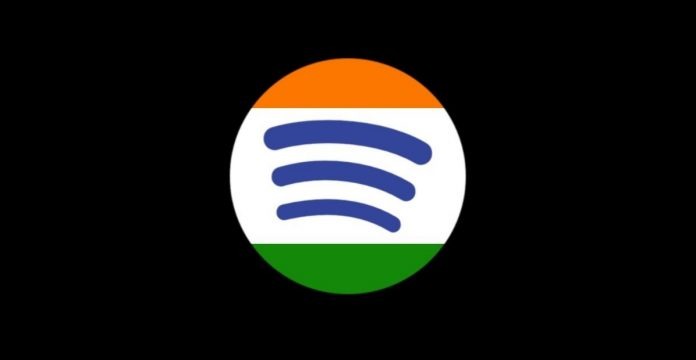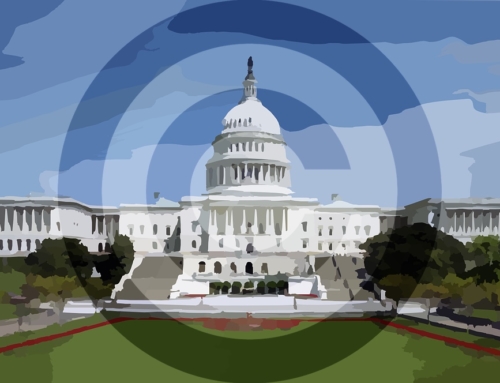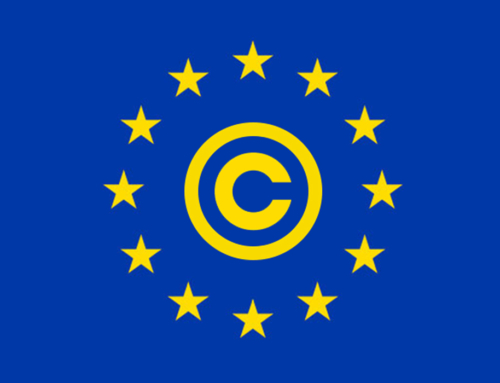There’s no denying the impact that Spotify has had on the music industry. For better or for worse, streaming music services have become the preferred listening mode for consumers. With its ruthless business acumen, Spotify has found itself the leader of the streaming race. Having conquered North America and Europe, Spotify has most recently been keen to tap into one of the world’s largest markets: India.
One side of the story is exceedingly positive. Spotify launched in India in early March, and within one week had amassed more than one million subscribers across both its free and premium tiers. India’s music market is already crowded, so Spotify’s success is likely due to the fact that it is offering its premium tier for the equivalent of $1.70 USD/ month (conversely, the same service costs $9.99 USD/ month in North America). This success seems even more monumental considering that Apple Music is offered in the country for the same price. However, although Spotify has the brand power to amass so many subscribers in such a short amount of time, its streaming rivals have something very important on their side: the support of the three most prominent major labels.
When Spotify’s launch in India is examined more closely, paying particular attention to its music catalogue, cracks start to show in the sustainability of the streaming platform in the country.
Spotify’s launch was a rather hasty one, and was done after securing licencing agreements with just Universal and Sony. Warner Music, on the other hand, has remained staunch in their opposition to the streaming company’s global ambitions.
A week before its expected launch, Warner withdrew a “previously agreed-upon publishing licence” for India: a move which, according to Spotify representatives, was “wholly unrelated to Spotify’s launch in India.” Rather, Warner insisted that the dispute stemmed from Spotify’s strong-armed approach to global licensing deals that are up for renegotiation later this year.
With Warner out of the picture, many thought that Spotify would be forced to withhold more than one million popular compositions from its service in India. However, Spotify decided to side-step the major label and use an amendment in Indian law which states that “broadcasters” (in this case Spotify) can still obtain a licence for copyrighted works even if the copyright owner denies use. Warner quickly filed an injunction, which has forced the matter into the Indian court system where it is currently being disputed.
In more simple terms, Warner is ostensibly holding the Indian market hostage from Spotify as a leveraging tactic to have the upper hand when licensing negotiations happen later this year. Spotify, in keeping with its established brazen attitude, is ignoring this and doing what it wants. The streaming service seems to be thinking in a narrow minded sense however, as the moves it makes now could have greater repercussions down the line.
Spotify has tarnished its image in India, with users left confused about what the service is offering. Although Spotify has claimed that it can use Warner’s catalogue whether Warner likes it or not, with the matter currently before the courts, the extensive catalogue of music owned by Warner is currently missing from users’ libraries in the country. This means that Spotify users in India can’t listen to massive hits like Ed Sheeran’s “Shape of You” and Cardi B’s “I Like It.” However, Spotify is offering music that Warner publishes (despite objections from the company), including Beyonce’s “Formation” and Maroon 5’s “Girls Like You.” Ultimately, this has put a strain on Spotify’s relationships with major labels and could have negative implications depending on how this current court battle plays out.
If Spotify wins the court battle, Warner will lose its leverage. Furthermore, it will open the door for streaming services to be considered as “broadcasters’ and, in turn, plow through traditional licensing agreements for their own benefit. However, if Warner wins the case, Spotify will find itself in an uncomfortable position both in India and at home when it comes time to negotiate future deals with major labels. The old saying is true in this case: you don’t bite the hand that feeds you.
Until the case is decided, Indian music fans will find themselves in the middle of a contentious battle. Ultimately though, both major labels and streaming services would be wise to find ways to work with each other instead of in opposition to one another. For major labels, streaming services have played a large role in bringing the music industry back to life in recent years, with record-setting profits climbing each year. However, without the music, streaming services would have nothing. As it currently stands, Spotify is operating at half-speed in India with only a partially complete music library. Although it was able to collect over a million subscribers in one week, this only accounts for less than one percent of the Indian consumers of streaming music. With one of the world’s biggest populations and largest smartphone markets, India is a country that streaming companies will need to tap into in order to maintain and sustain continued worldwide success. Until Spotify can learn to play nice with the other players in the industry, the streaming service will be left behind by its competitors in these emerging markets.









Leave A Comment
You must be logged in to post a comment.